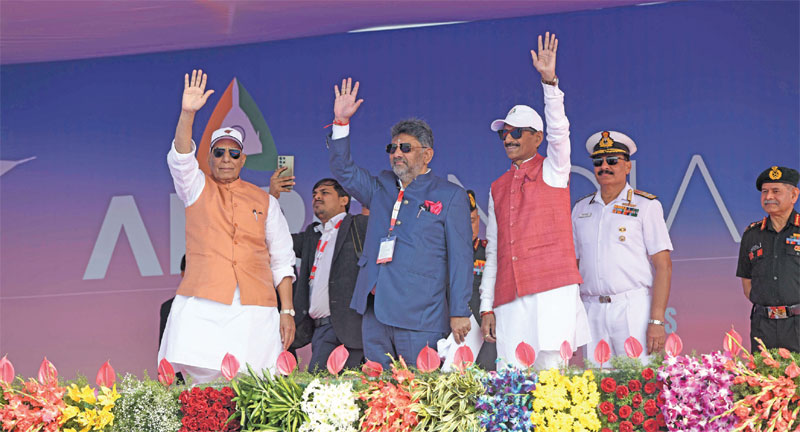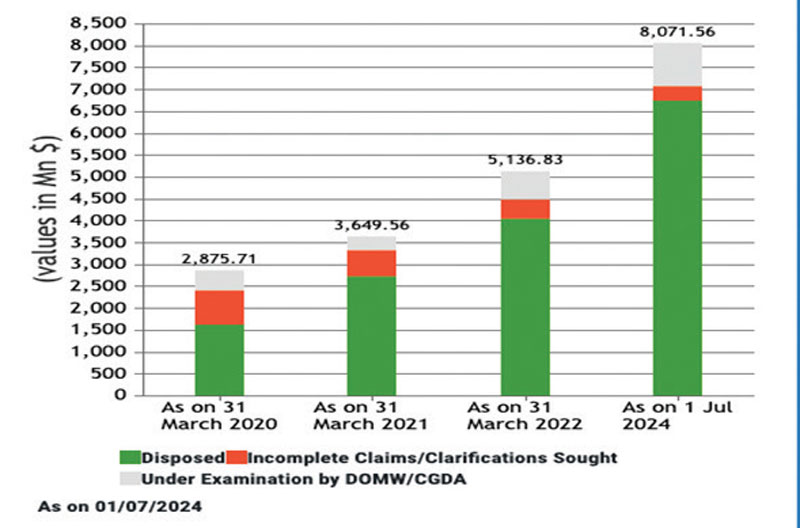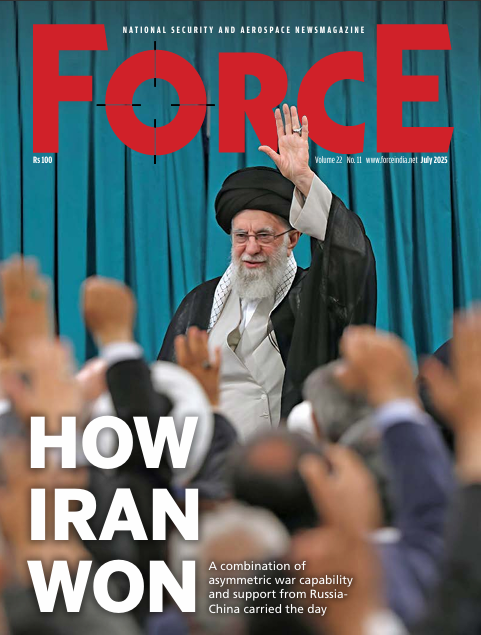Profitable Policy
 Maj. Gen. (Dr) Rambir Mann (retd)
Maj. Gen. (Dr) Rambir Mann (retd)
Nations with a weak defence industrial base (DIB) often seek to enhance the international competitiveness of their DIB by encouraging foreign suppliers to place work with domestic manufacturers through offsets. The learning and scale economies that accrue are important for unit production costs, to achieve international competitiveness and once established, may not need further protection.
Offsets can also assist the importing nation in improved security of supply due to creation of indigenous supply as well as reduced life cycle support costs compared with the provision of such services by the original supplier. They are also perceived to have had many effects on the development of a country’s defence industry including employment, technology development, supply-chain development, skill improvement, sub-contractor development and marketing. Countries worldwide view offsets as means to acquire competence to build their defence industries. In fact, some countries are known to have used offsets to develop the skills and capacity to design, manufacture, develop, integrate and maintain equipment.

Due to information asymmetries in the defence sector, foreign companies are sometimes not aware of subcontractors in the domestic defence market that are capable of supplying components to the foreign company. In requiring local content or assemblies, importing governments reduce these informational barriers and achieve an efficient outcome by forcing foreign commercial organisations to look out for local suppliers, thus overcoming information asymmetries. Thus, even if most of the offset contracts are related to supply of components and subassemblies, the local industry gains by way of introduction of modern machinery and manufacturing processes, quality control etc.
India adopted defence offsets as a tool for development of the indigenous defence industrial base in 2005 and the first offset contract was signed only in 2007. Since then, India has signed 57 contracts worth USD 13.3 billion under different Defence Procurement Procedures (DPPs). Of these offset claims worth more than USD 8.6 billion have been made and USD 6.0 billion have been audited and disposed of.
As per reports a number of these contracts are still open, with defaults in 21 contracts worth USD 2.24 billion and penalties worth USD 43.14 million imposed. Some of the offset contracts are to continue up to 2033 and are likely to result in further defaults and penalties, as the pending offset contracts come up. These defaults and penalties have been mainly due to earlier contracts signed under previous editions of the defence offset policy; the Defence Offsets Management Wing (DOMW) continues to struggle with legacy offset contracts signed when DOFA/ DOMW was still on the learning curve. Administration of defence offset contracts has seen a marked improvement as not only are offsets now being monitored and processed digitally with minimum delay, but clarifications and requests being received from original equipment manufacturers (OEMs) are being addressed without delay. This is evident from the notable improvement in the offset claims disposed off and reduced number of pending requests and clarifications sought by OEMs.
Table 1: Defence Offset Data

Indian Offsets
There is a large body of criticism directed towards the Indian defence offset by defence analysts, Comptroller and Auditor General of India (CAG) and retired officials. It has been repeatedly pointed out that not only have Indian defence offsets failed to meet the aims and objectives for which they were introduced but have in fact adversely impacted rapport with global arms manufacturers due to levy of penalties, poor administration and inefficiencies. In some cases, allegations of corruption have also been made.
A study conducted by the Institute for Defence Studies and Analyses (IDSA) in 2019 revealed that more than 90 per cent of offset obligations were discharged through direct purchase of products and services from Indian companies, with hardly any instance of technology transfer or foreign direct investment. There has therefore been reducing emphasis on defence offsets in Indian capital procurement in recent years, with manifold increase in the threshold value of defence contracts when offsets would be applicable, and exemption of offsets in single vendor contracts or inter government agreements. Further, with increased emphasis on procurement from indigenous sources, capital procurement contracts with foreign OEMs where offsets would be applicable, would greatly reduce. There is, however, a need to re-examine our offset journey, in light of the curren
Subscribe To Force
Fuel Fearless Journalism with Your Yearly Subscription
SUBSCRIBE NOW
We don’t tell you how to do your job…
But we put the environment in which you do your job in perspective, so that when you step out you do so with the complete picture.








